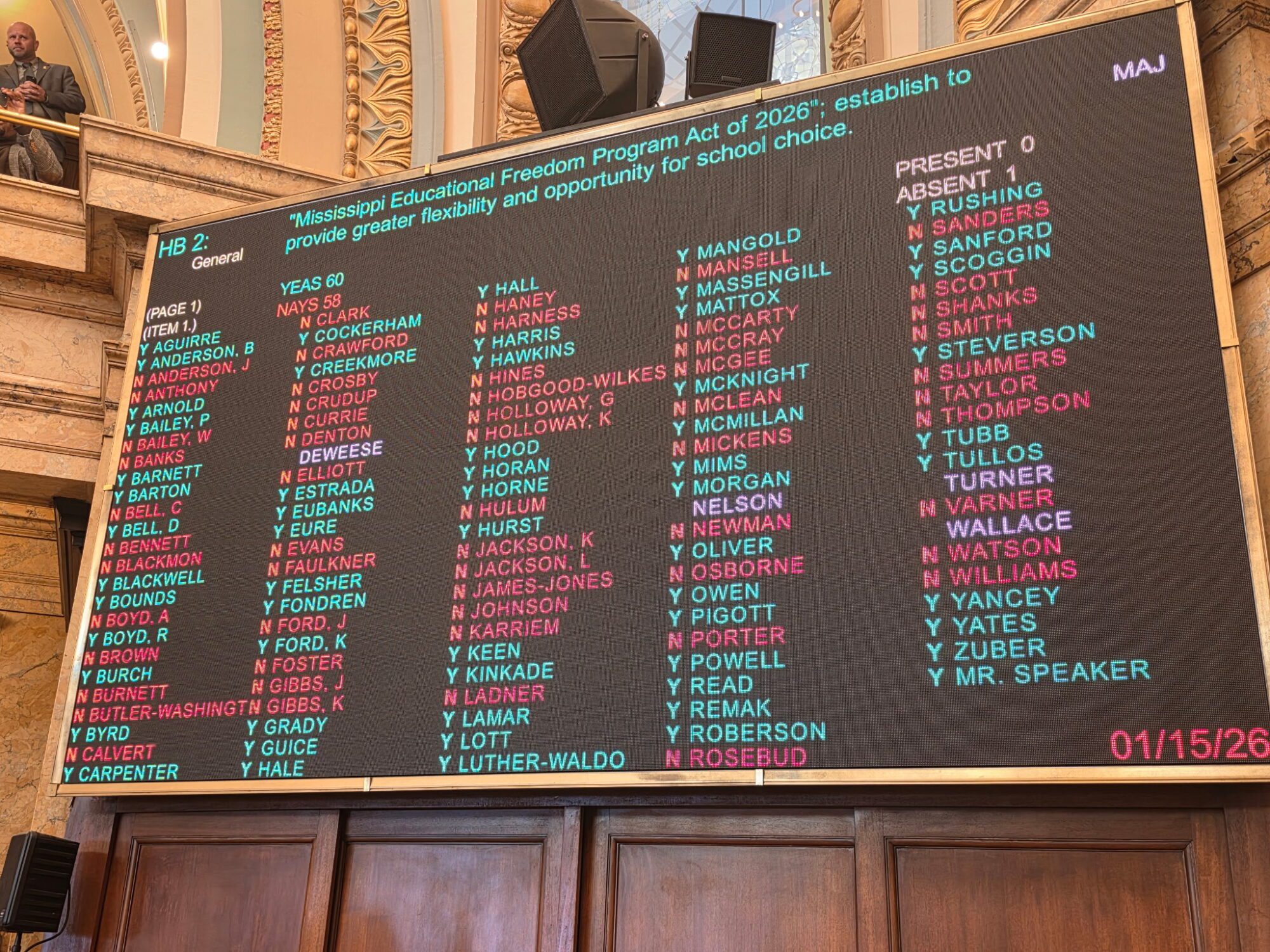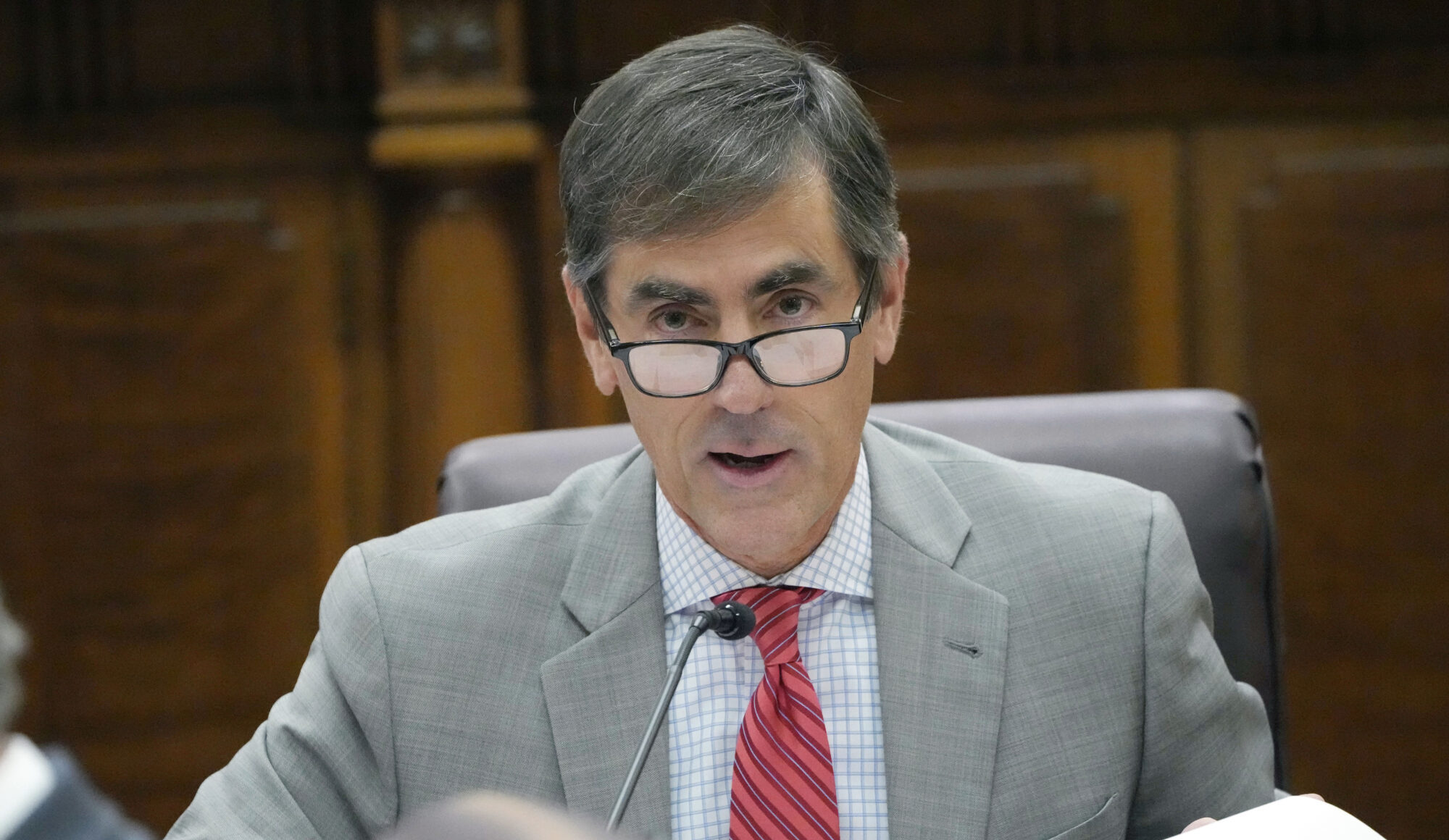Seeking to stimulate the economy, the United States Federal Reserve undertook another extraordinary monetary-policy measure in September (the “QE3″), embarking on a third dose of quantitative easing.
In theory, quantitative easing is a form of economic stimulus, differing from the stimulus passed in 2008 which cut taxes and raised spending by more than $800 billion. Simply put, QE3 is a dangerous monetary policy whereby the Federal Reserve purchases debt (bonds) from investors in an attempt to help them lend more money, while lowering interest rates. And with no end date being announced, it amounts to indefinite monetary meddling — a stimulus without limit.
Studies demonstrate that quantitative easing does reduce borrowing costs but are less clear on how a reduction translates into real economic improvement. Despite a clear track record, desperate politicians allow such experimentation because bond-buying enables them to ignore looming fiscal problems by providing a dependable purchaser for the republic’s ever-increasing debt.
Thus far, the central bank’s policies have proven ineffective. Repeating efforts, therefore, are unlikely to create sustainable growth. The new action is little more than an admission that previous actions have not worked, demonstrating that monetary policy alone is unable to jumpstart the economy.
In response to the Federal Reserve’s monetary policy, some are also calling for Congressional action by demanding another round of stimulus spending. It remains their hope that the central government, through a recycled plan complete with public works and increased spending, will magically revitalize the economy despite consumer uncertainty, emerging inflation and budget deficits.
However, the use of stimulus funds to create new public jobs is not an efficient way to encourage economic growth because government suffers from a critical weakness – it has no money or capital of is own, except that portion confiscated from the productive members of society.
When government fabricates a job, it must have money to compensate the newly-hired worker. Whether it raises taxes or borrows additional revenue, it subtracts needed capital from the private sector, which is the productive sector. Funds taken by the government deprive the economy of resources that might have otherwise funded investments the market determines to have greater value. Sadly, as money and resources are diverted from the private sector to the government, catalysts are displaced from the sole engine of wealth creation and job creation. As private spending declines because of elevated taxation, investor insecurity or a lack of consumer confidence caused by raging deficits, economic powerhouses sputter to a halt.
Employment created as the result of public spending, if any, may mask concerns since new government “jobs” are visible and provide a brief decrease in the unemployment rate, but jobs lost as the result of a diversion of resources must also be considered. For jobs manufactured with stimulus monies, wealth is merely shuffled around, but not created. Therefore, the presumption that government appropriations can engender a lasting increase in employment is nonsense.
The goal of economic policy should not simply be job creation at any cost, particularly when deficit spending is required. Instead, the goal of prudent policy should be a growing private economy, centered on production, which satisfies increasing consumer demand. As the private economy grows, so will the number of jobs.
Recurrent involvement — by both the central bank and Congress — has caused distortions in the market, resulting in crippling uncertainty. When planners improvise and intervene to avoid the inevitable failure of their original proposals, the greater the disruptions are to prosperity. Such tinkering results in a hazardous cycle of government action (e.g., increased taxes, quantitative easing, wage and price supports, more public spending and pervasive regulations) that robs citizens of their wealth and basic freedoms, undermining economic recoveries.
To begin a real economic recovery, the policy that should be implemented is the one bureaucrats are too impatient to attempt — the market must be allowed to operate naturally, without excessive intervention from politicians.
It is time to stop the meddling.
***** State Senator Chris McDaniel






